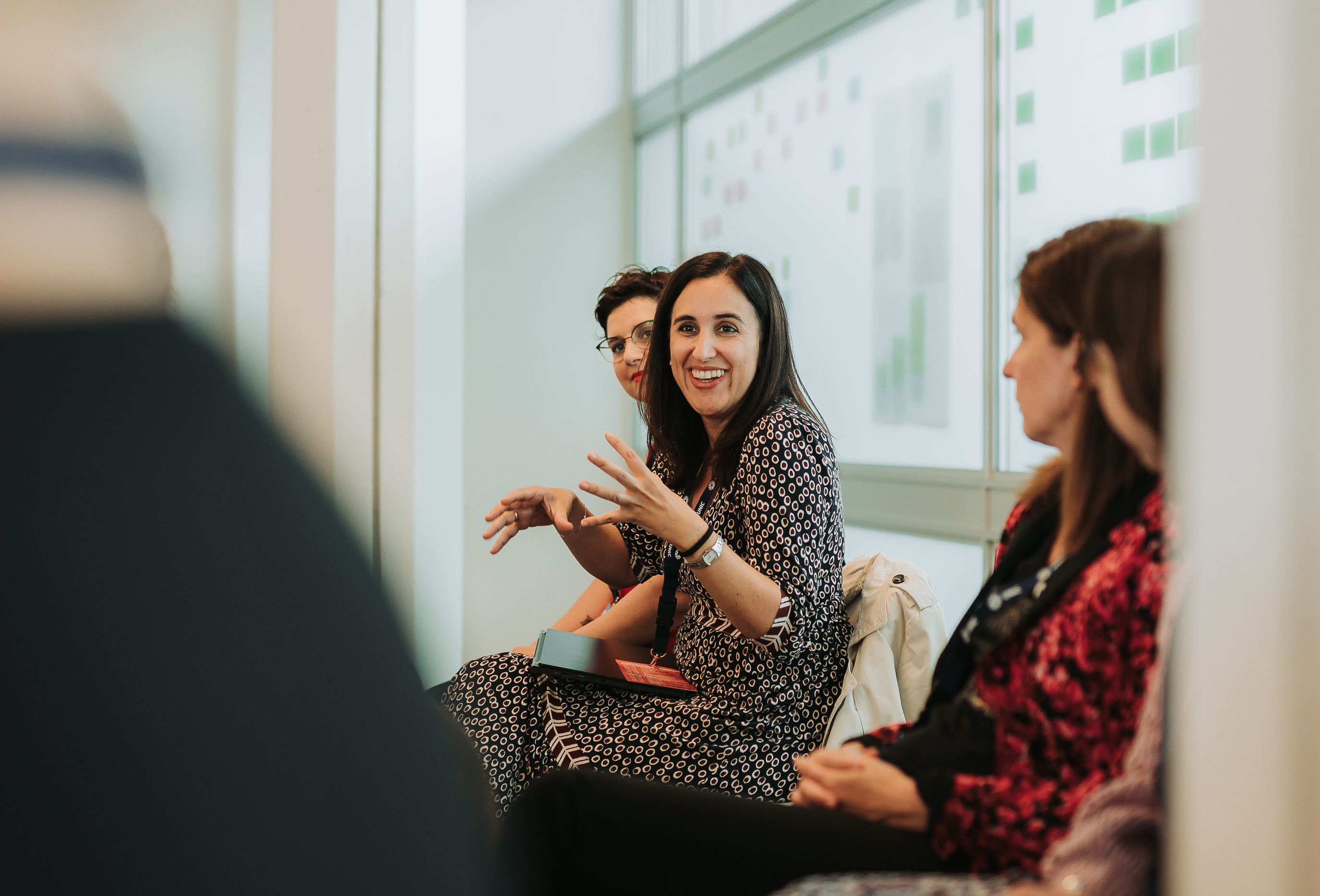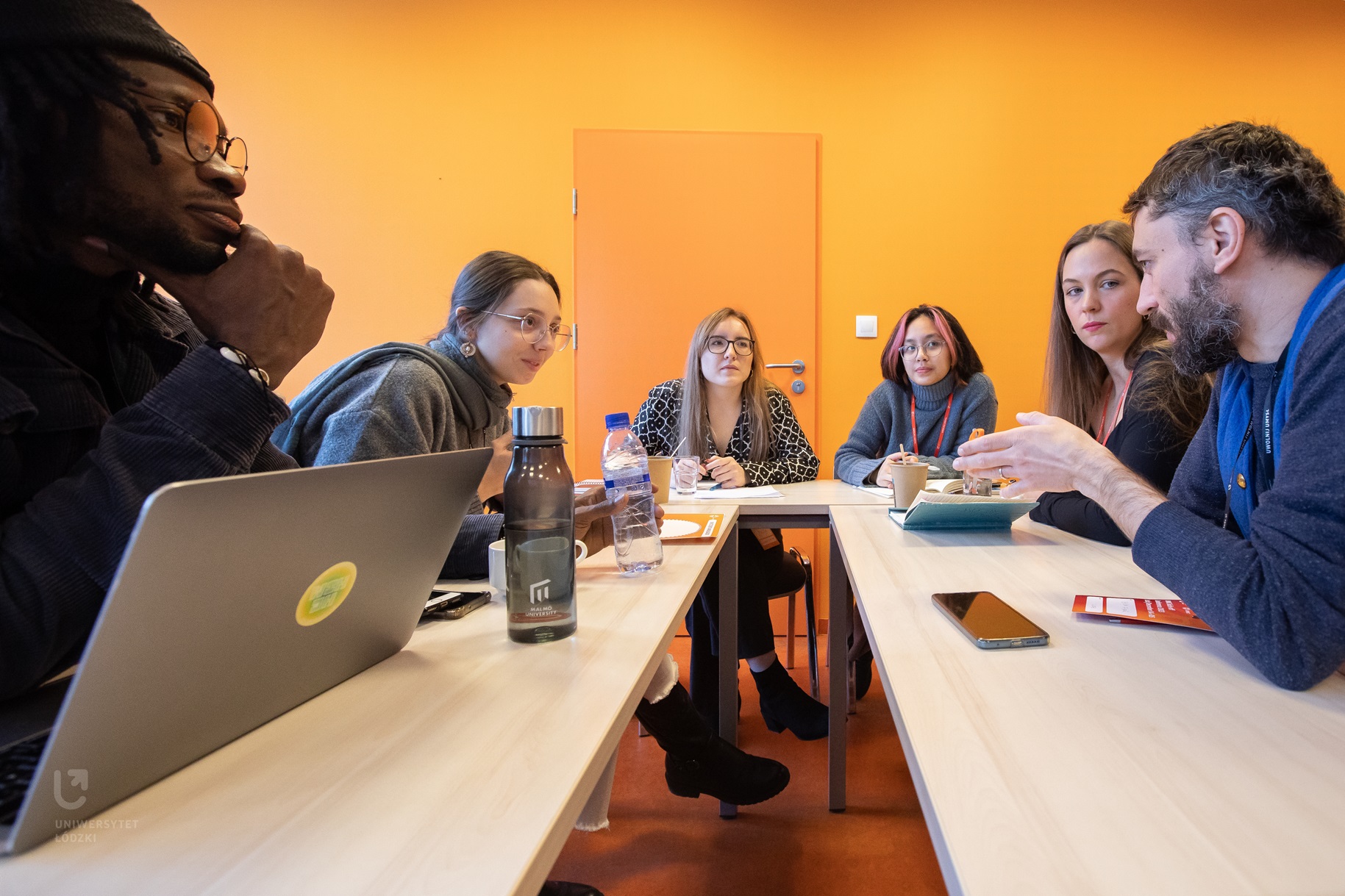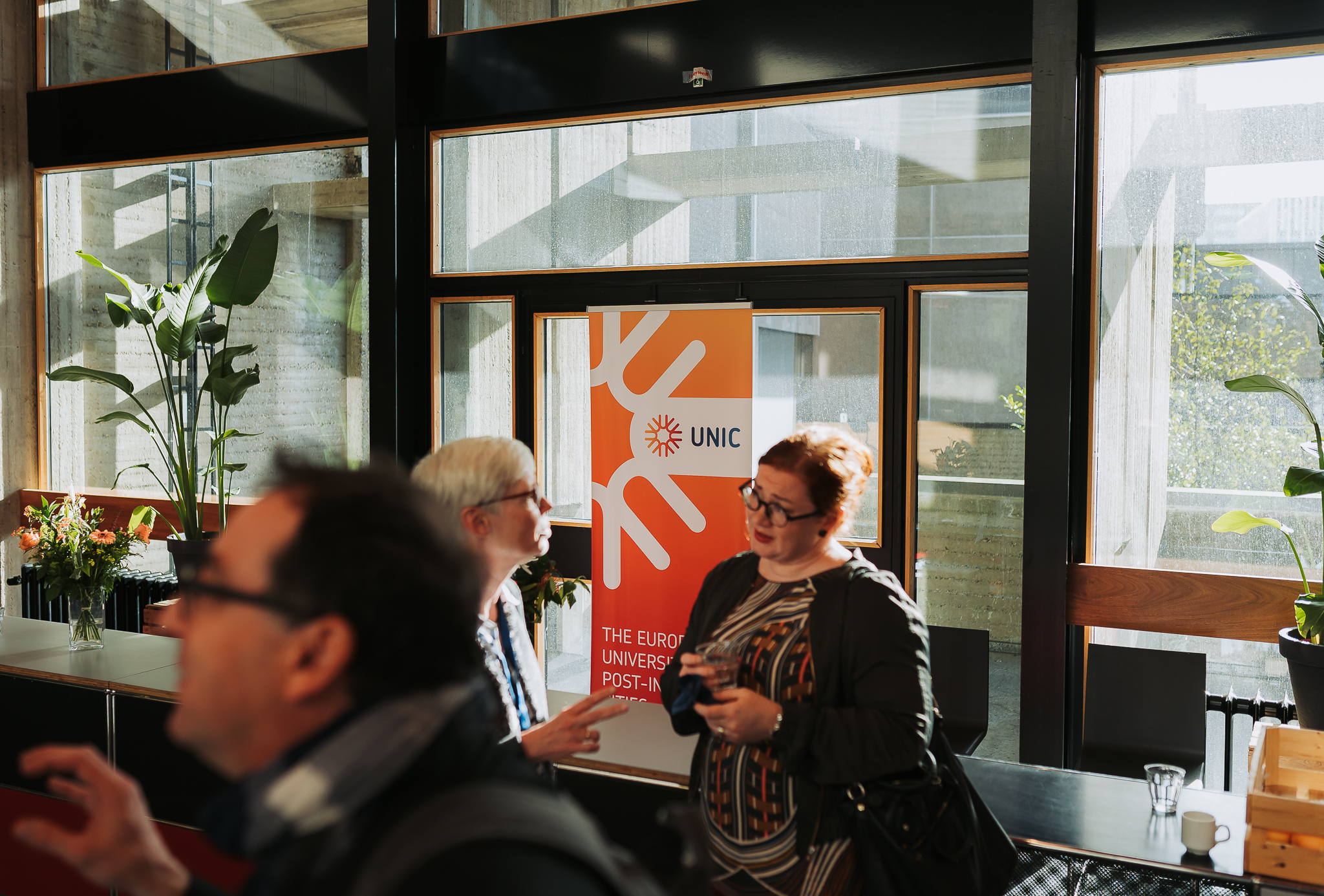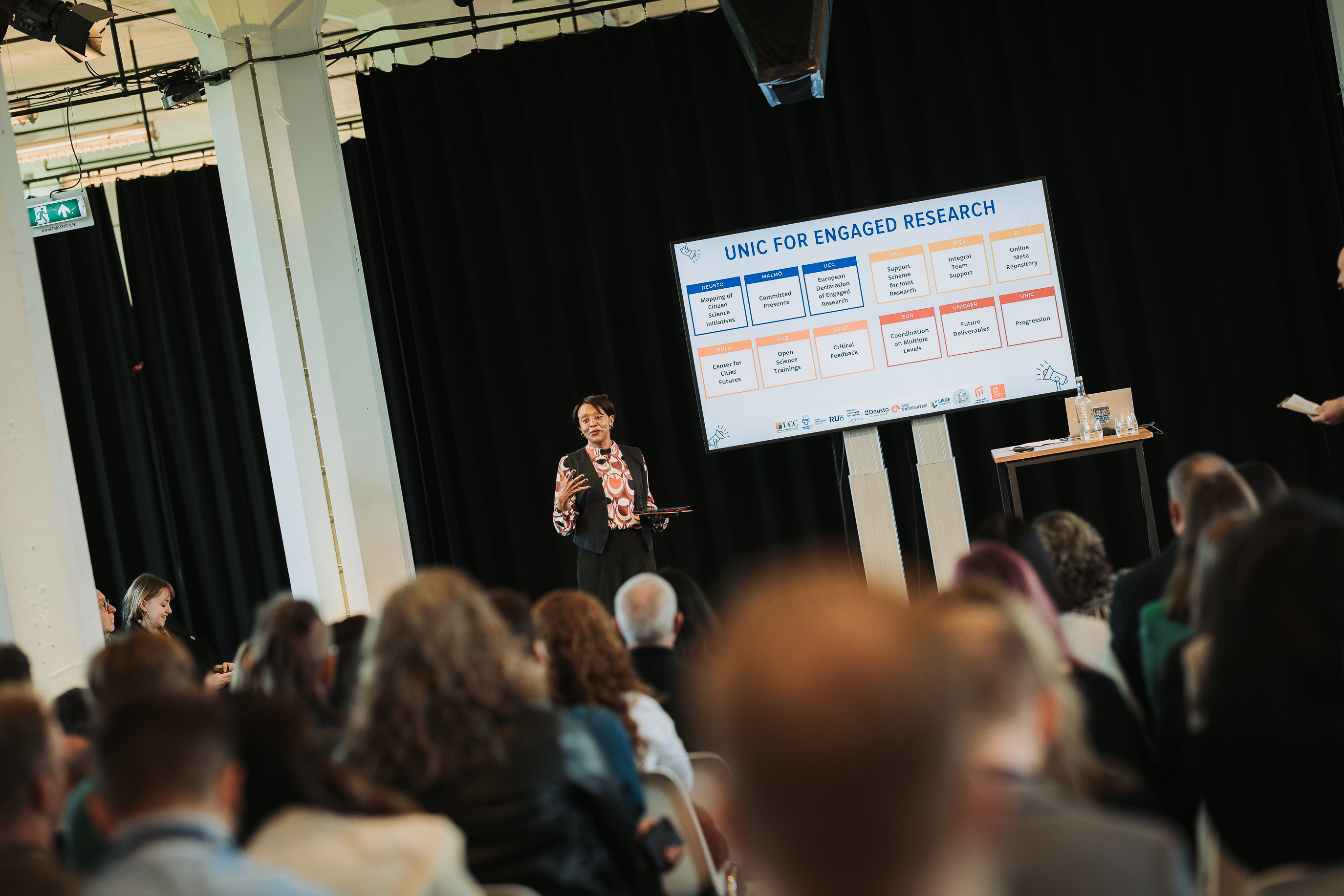The UNIC website uses cookies to improve your experience. Read our full Cookie Policy here.
Within the Open Science Campus, UNIC believes that research should know no boundaries. Whether you're a working researcher seeking to enhance your Open Science skills, a recent high school graduate eager to dive into research, or a citizen looking to engage on solving issues relevant to you and your community, our comprehensive selection of resources and training will empower you to unlock your full potential.
The UNIC consortium is developing an Open Science Campus, a set of applications and IT services which will enhance the visibility of our engaged research and provide our researchers, students and staff with additional tools to engage in consortium-wide collaborations in conducting groundbreaking engaged research.

Societal challenges call for multidisciplinary and interdisciplinary research contributions. Hence Engaged Research is not for humanities or social sciences only, but for any discipline. Furthermore, Engaged Research is for anyone who wishes to make positive impact in our societies and for their improvement.
This toolkit, for engaged researchers, aims to enhance the existing knowledge of engaged research methodologies, terminologies, and practices and to assist the professional development of researchers in conducting engaged research projects.
This webpage includes a UNIC for Engaged Research Glossary and various written and online sources collected from the consortium members in different languages (English, French, German, Spanish, Croatian, etc.) together with practice insights on engaged research.

This self-learning-course is open to every UNIC researcher and covers the topic science communication. It tackles the central questions from why communicating the own research to different platforms, methods etc. Participants will work with five videos and a digital handbook and have the chance to exchange their findings with an expert and other participants as well as use a digital self-assessment. The course can be studied at one’s own pace. Course Material can be downloaded here:
This portal gives an overview of all courses, joint programmes and extra modules that are available through UNIC universities’ study programs. Besides that, it gives access to meta-repository containing research outputs which are produced within UNIC alliance.
As part of the UNIC4ER component, the UNIC Virtual Campus has developed an Open Science meta-repository. This tool automatically gathers bibliographic data via APIs from international systems such as ORCID and OpenAIRE, feeds it into the UNIC Virtual Campus, and makes it searchable and accessible.
Since February 2024, this tool supports the UNIC research community by enabling students, researchers, and staff to organize research alliances, interest groups, and discussion groups.


